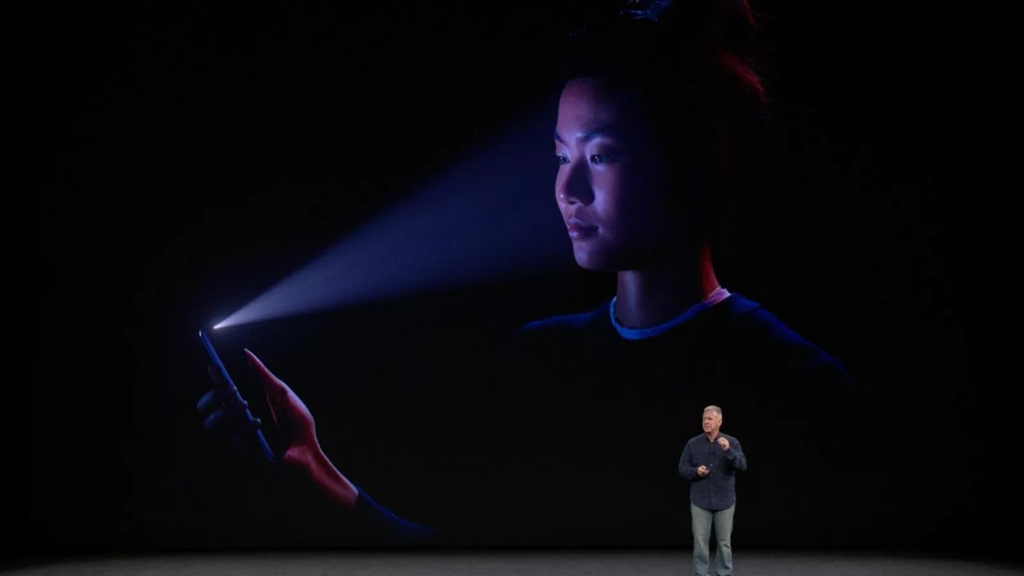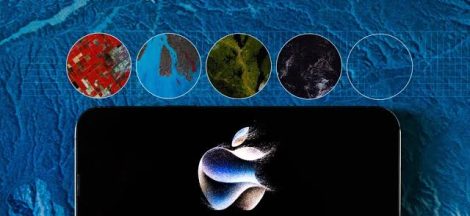Apple’s all new facial recognition feature called Face ID is in trouble already.
Since its September 12 unveiling, iPhone X and its Face ID feature have been the talk of the town. Prior to the Keynote Event, there had been numerous rumors that Apple would introduce a Touch ID feature for unlocking the phone. However, the company let it go in favor of Face ID, a feature which uses new depth-sensing 3D sensors to unlock the iPhone X. However, it hasn’t had a smooth sailing and suffered a major bump right at the unveiling. And now the US government is raising questions on the security concerns it presents.
US Senator Al Franken has written a detailed letter to Tim Cook, CEO Apple, raising concern on the usability of Face ID and its potential usage that customers may not have contemplated yet. He appreciated Apple on implementing the system responsibly but went on to say that “substantial questions remain about how Face ID will impact iPhone users’ privacy and security, and whether the technology will perform equally well on different groups of people. To offer clarity to the millions of Americans who use your products, I ask that you provide more information on how the company has processed these issues internally, as well as any additional steps that it intends to take to protect its users.”
The letter includes ten detailed questions on how and where Apple will store the user data it gathers from Face ID, implications of data gathered from it, how the feature was developed, where Apple got the data of 1 billion images to train the image, and how Apple would respond if law enforcement agencies request access to Face ID data. Franken has requested a reply from Apple latest by October 13th.
During the Keynote when Craig Federighi, Apple’s senior vice president of Software Engineering, took the stage to give a demo of the Face ID, the demo backfired. Apple has since put the blame on its employees for not handling the situation correctly. They made an official statement in this regard which said:
“People were handling the device for stage demo ahead of time and didn’t realize Face ID was trying to authenticate their face. After failing a number of times, because they weren’t Craig, the iPhone did what it was designed to do, which was to require his passcode. In other words, Face ID worked as it was designed to.”
Check out the cringe-worthy Keynote event fail in this video.





 Google Chrome will no longer autoplay media with sound
Google Chrome will no longer autoplay media with sound